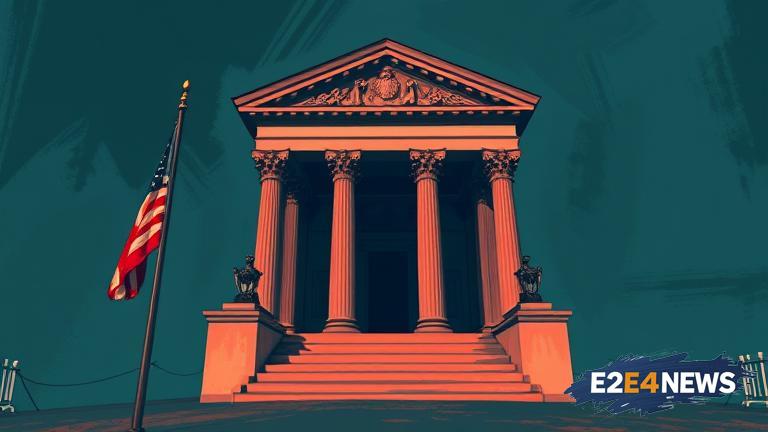In a shocking display of judicial overreach, a growing number of judges are wielding their power to suppress dissent and silence whistleblowers who dare to expose their misconduct. This alarming trend has far-reaching implications for the integrity of the justice system and the ability of citizens to hold those in power accountable. The phenomenon is not limited to any one country or jurisdiction, but rather appears to be a global issue that requires immediate attention and reform. Judges, who are sworn to uphold the law and protect the rights of all individuals, are instead using their positions to intimidate and bully those who attempt to expose their wrongdoing. This can include anything from dismissing legitimate lawsuits to issuing gag orders and even jailing individuals who refuse to comply. The consequences of this trend are dire, as it undermines the very foundations of democracy and the rule of law. When judges are allowed to operate with impunity, it creates a culture of fear and silence, where individuals are reluctant to speak out against injustice for fear of reprisal. This not only perpetuates corruption and abuse of power but also erodes trust in the justice system and undermines the ability of citizens to hold those in power accountable. Furthermore, the use of judicial power to silence whistleblowers has a chilling effect on free speech and the ability of individuals to express themselves without fear of retribution. It also raises serious concerns about the independence and impartiality of the judiciary, as judges who engage in such behavior are clearly more interested in protecting their own interests than in upholding the law. The issue is further complicated by the fact that judges are often insulated from accountability, with many enjoying lifetime appointments and immunity from prosecution. This lack of accountability creates a culture of impunity, where judges feel free to abuse their power without fear of consequences. In order to address this issue, it is essential that mechanisms be put in place to ensure that judges are held accountable for their actions. This can include measures such as judicial oversight bodies, independent investigations, and penalties for judges who engage in misconduct. Additionally, it is crucial that citizens are empowered to speak out against injustice and that their rights to free speech and expression are protected. This can be achieved through education and awareness campaigns, as well as the establishment of support networks for whistleblowers and victims of judicial abuse. Ultimately, the issue of judicial overreach and the silencing of whistleblowers requires a comprehensive and multifaceted approach that addresses the root causes of the problem and ensures that those responsible are held accountable. By working together, we can create a more just and equitable society, where the rights of all individuals are protected and the rule of law is upheld. The time for action is now, as the consequences of inaction will be dire. We must demand that our leaders take immediate action to address this issue and ensure that the justice system is truly just and fair for all. The future of our democracy and the integrity of our justice system depend on it. It is our responsibility as citizens to hold those in power accountable and to demand that they uphold the law and protect the rights of all individuals. We must not be silenced or intimidated by those who seek to abuse their power, but rather must stand strong and united in our pursuit of justice and accountability. The fight against judicial overreach and the silencing of whistleblowers is a fight for the very soul of our democracy, and it is a fight that we must win. The stakes are high, but with courage, determination, and a commitment to justice, we can create a better future for ourselves and for generations to come.
